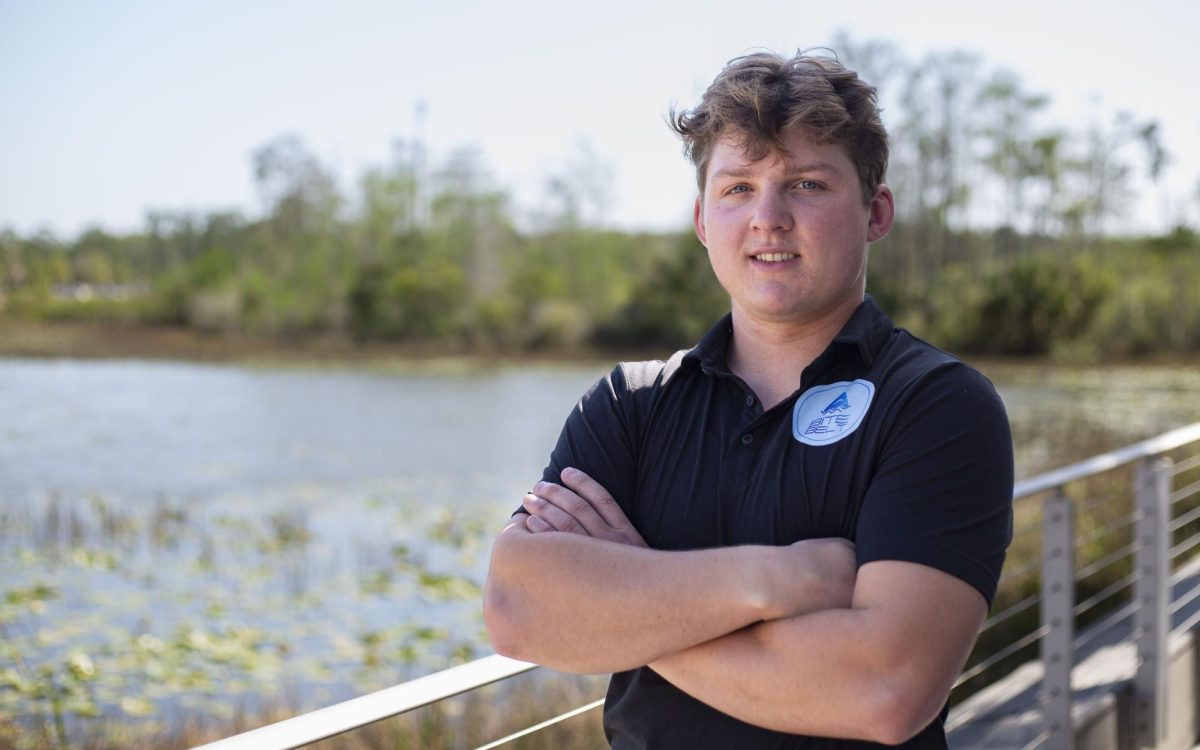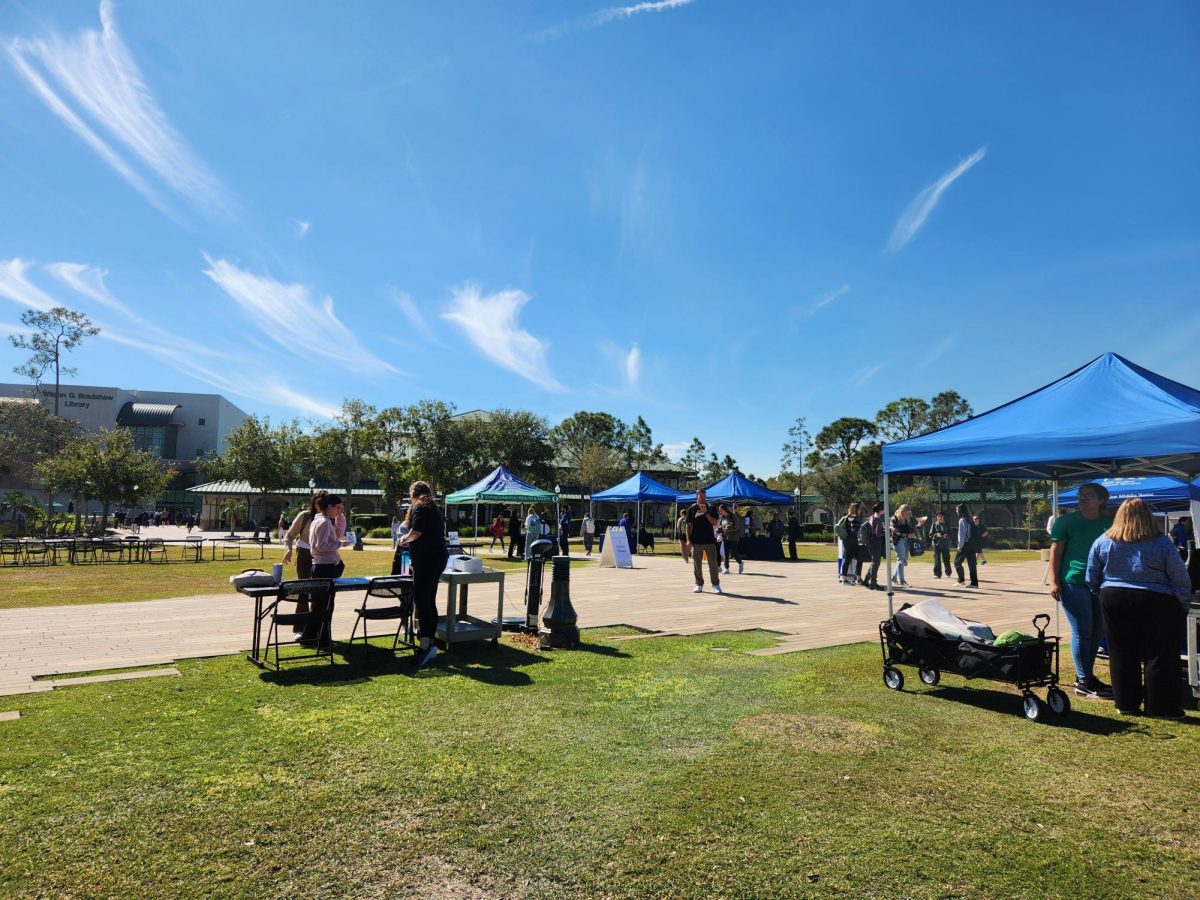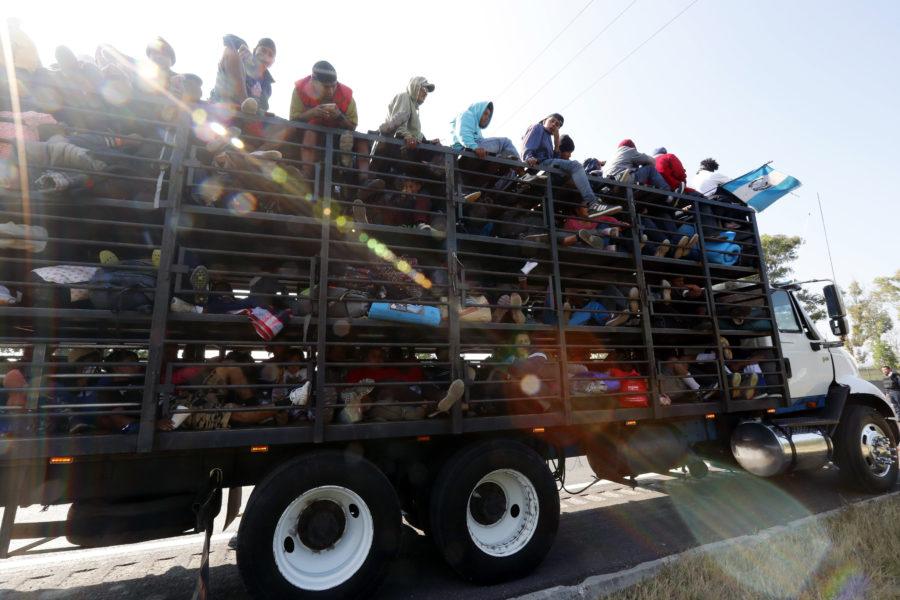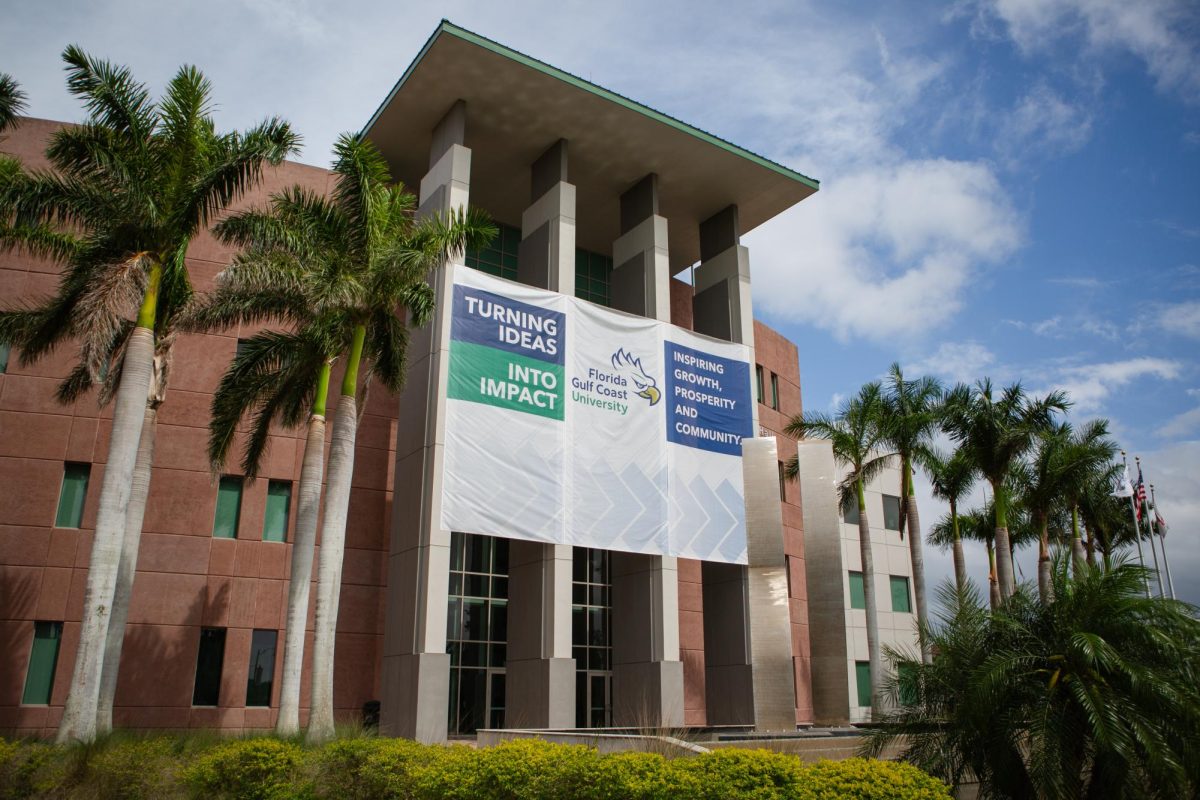By Leah Sankey
Staff Writer
The migrant caravan has been used as the latest fear-mongering tactic by Donald Trump and was basically his closing argument during the mid-term elections.
“Many Gang Members and some very bad people are mixed into the Caravan heading to our Southern Border,” Trump tweeted on Oct. 29.
We’ve seen his use of this rhetoric many times before – America, good. Other countries, bad. It’s embarrassingly simplistic.
The truth is far less frightening, and for empathetic people, provokes compassion. These men, women and children are seeking asylum – which is legal. They are fleeing poverty, violence and insecurity in their home countries. They are predominantly from Honduras and Guatemala.
They are traveling in a “caravan” largely due to there being safety in numbers. The U.S. has enlisted Mexico to apprehend Central American migrants before they get to the U.S. Around 950,000 Central Americans have been deported from Mexico over the past few years. According to the U.N., Mexican forces are likely behind disappearances of people alongside the U.S. border, and human rights groups have reported incidences of torture.
For some migrants, the caravan may be a way to call international attention to what they are fleeing. For others, it’s a desperate attempt at a better life.
As a response to what he continuously refers to as an “invasion,” Trump ordered the deployment of more than 7,000 active-duty military troops to the border — more than triple the number of troops in Syria. According to the Migration Policy Institute, the administration is in the midst of finalizing an executive order that would bar Central Americans from applying for asylum at all.
So, can this even be referred to as an ‘invasion?’ Simply put, no.
Mary Ellen O’Connel, a law professor at the University of Notre Dame whose specializes in international law, defines the term ‘invasion’ and explains why the migrant caravan is not one.
“Invasions are armed operations organized with the intention of taking control of Foreign sovereign territory through the use of force,” O’Connel said. “The migrants are not armed, organized, or intending to take control of U.S. territory.”
A good example of an invasion would be the U.S. entering Iraq under false pretenses in 2003.
Sending active-duty troops to the border should not have been the solution. This seemingly politically motivated “deployment” is not only wasting U.S. money, but also potentially precious training time for our troops – who could be sent to Iraq, Syria or Afghanistan where we currently have active combat.
As we essentially attempt to close our borders with the use of military personnel, Mexico is trying to accommodate Central-American refugees. Brazil and Colombia are facing a refugee crisis as they attempt to house over two million Venezuelans, the majority being malnourished, according to the U.N.
A better short-term solution than an active-duty force would be to further cooperate with Mexico. Both countries and their border authorities could work together to build refugee centers to process the asylum seekers in a humane and sensible fashion. The migrant caravan needs to be addressed – but we also need longer-term solutions. It should begin with changes to the U.S. asylum system, which is undoubtedly in danger of a growing number of backlogged cases.
In a recent report, the Migration Policy Institute (MPI) proposed changes that could be implemented without legislation. They begin with gaining control over the current and prospective asylum caseload by processing cases on a last-in, first-out basis. With timely, fair processing of asylum claims, long waits in multiyear backlogs are eliminated, and it would deter asylum seekers from entering illegally.




































